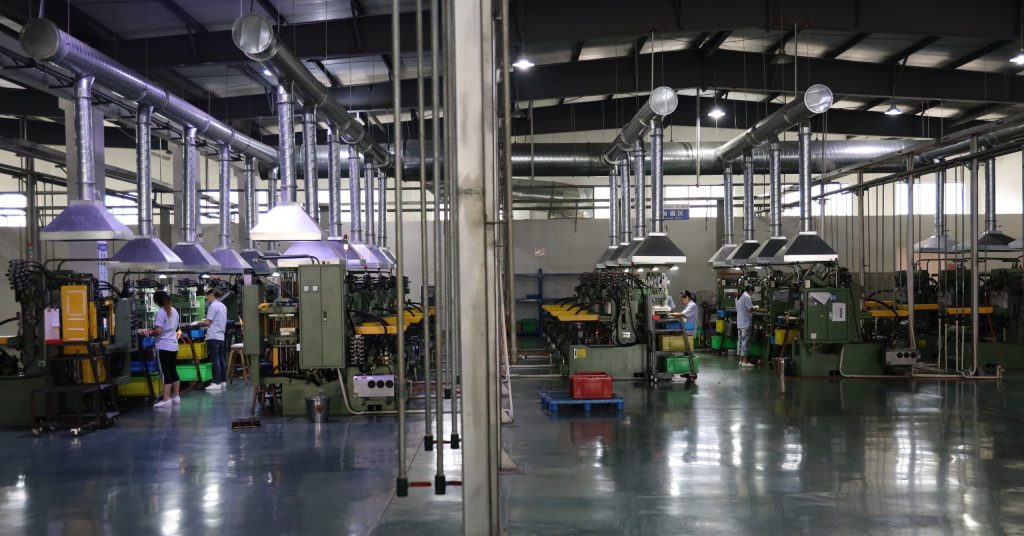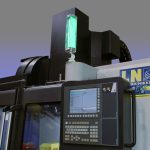Amsted Seals and Forming adds manufacturing facility in China
Amsted Seals and Forming adds manufacturing facility in China
Amsted Seals and Forming, a global leader in sealing solutions and metal fabrication, has acquired Clark Seals Ningbo, to be renamed Amsted Seals Ningbo (ASN). The IATF-certified seal production facility, built in 2012, incorporates the latest in manufacturing, testing and quality control systems to supply oil, grease and bearing seals to customers in Asia and the wider global market.

Amsted Seals and Forming, a global leader in sealing solutions and metal fabrication, has acquired Clark Seals Ningbo, to be renamed Amsted Seals Ningbo (ASN). The IATF-certified seal production facility, built in 2012, incorporates the latest in manufacturing, testing and quality control systems to supply oil, grease and bearing seals to customers in Asia and the wider global market.
"With 128,000 square feet and future capacity of 96 presses, the acquisition of ASN is part of the ongoing commitment of Amsted Seals and Forming to produce and deliver the highest quality seals in the world," said Michael Carter, president of Amsted Seals and Forming.
Amsted Seals and Forming is committed to long-term investment in the people, quality, technological innovation and talent development in Ningbo. As manufacturers, engineers, service providers and innovators, Amsted's goal is to provide sustainable growth for the people and communities where we operate.
ASN will produce shaft seals, bearing seals and other sealing products for a broad range of applications including rail, heavy duty truck, appliance, automotive, agriculture/ construction, industrial and outdoor power/recreation.
"We're excited to welcome the Ningbo facility into our worldwide network of manufacturing excellence," stated Carter, "and be better positioned to respond to our customers' needs in the most cost-efficient manner."
As part of the transaction, Amsted Seals and Forming and previous owner Clark Seals LLC Tulsa, Oklahoma, entered into a 10-year commercial agreement, establishing Clark Seals as the preferred distributor for certain sealing products.





